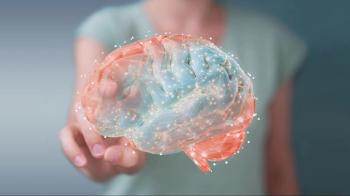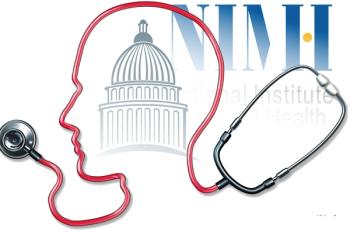
"With our country’s ongoing mental health and addiction crisis, the consequences of the Wit v UBH reversal are too great to ignore."

"With our country’s ongoing mental health and addiction crisis, the consequences of the Wit v UBH reversal are too great to ignore."

Considering challenges and opportunities in digital health solutions for mental health care.

Results from a major study provide evidence that coordinated specialty care can improve outcomes for first episode psychosis. Dr Insel writes about the RAISE project and other recent studies of coordinated care.

The Medici effect is upon us in biomedicine, and it’s called convergence science.

"The time is right to use research-informed interventions and implementation strategies to address the quality chasm for mental health care," says to NIMH Director Insel.

The recent tragedy with the Germanwings crash in the Alps has started a worldwide discussion about mental illness and suicide. NIMH Director Thomas Insel reflects on the larger issues we continue to face.

Precision medicine seems to be the new hot topic in the research world. What precisely is it?

This is usually one of the first questions asked by patients and their families following a psychotic episode, suicide attempt, or manifestation of any serious mental illness. More from the Director of NIMH.

Can we predict risk for depression? There are no genetic tests or imaging tests that can be used to predict individual risk. But a longitudinal study at Stanford University is worth watching.

In his blog for Mental Illness Awareness Week, NIMH Director Thomas Insel talks about the complexity of mental disorders and the need for scientists, clinicians, patients, and families to work together in searching for better treatment.

Imagine an end to psychiatric episodes that threaten job and family, no more hospitalizations, and a chance for a long life not cut short by mental illness and its complications. What can we take away from the HIV/AIDS story for the treatment of mental illness?

When psychosocial treatments are delivered with high quality and fidelity, outcomes improve. That is the parity all of us should be fighting for. More in this commentary by NIMH Director Thomas Insel, MD.

We talk about mental disorders as brain disorders, but what does that really mean? How does it change the way we think about autism, schizophrenia, depression, bipolar, and other illnesses? The answer to these questions are still evolving. More in this video exclusive with NIMH Director Thomas Insel, MD.

Universal prevention has been a focus of psychiatric research for the past 4 decades. Using a public health approach, research has shown that mitigating major risk factors, such as poverty and early life stress, and promoting protective factors can improve behavioral outcomes.

Published: May 27th 2014 | Updated:

Published: July 1st 2014 | Updated:

Published: September 1st 2014 | Updated:

Published: October 9th 2014 | Updated:

Published: January 16th 2015 | Updated:

Published: January 2nd 2015 | Updated: